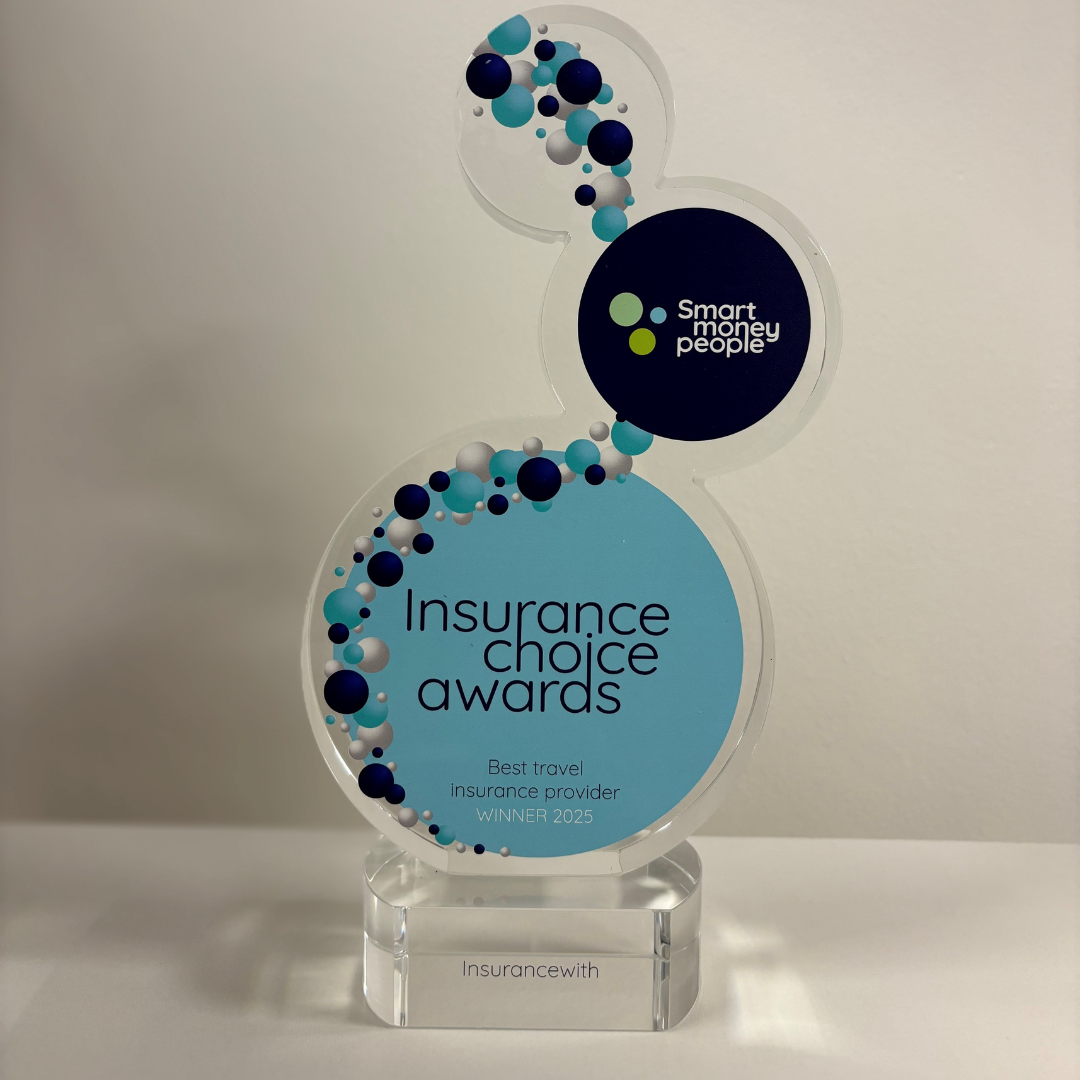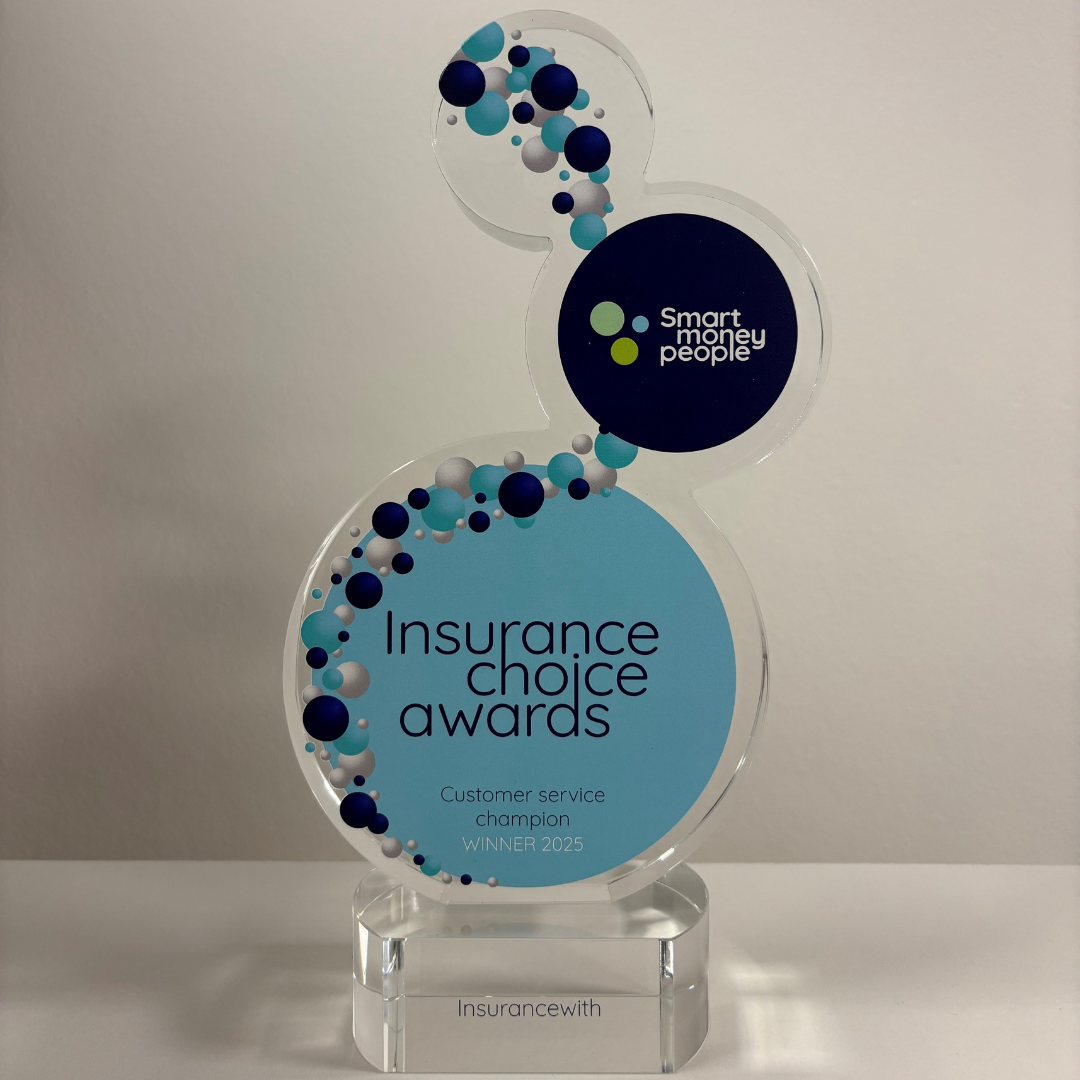As September is Alzheimer’s Awareness Month, this month’s blog is dedicated to helping those diagnosed live more freely. So, if you’re caring for a loved one with Alzheimer’s and want to find a staycation that caters to their needs and desires, look no further. These 4 UK staycations have been celebrated for their ability to empower those with Alzheimer’s and provide them with an adventure. After all, everyone deserves to travel and explore regardless of medical conditions. Visiting these places may also help to rediscover fragments of their cherished memories if they visited any of these in the past all while basking in moments of joy and relaxation.
Read moreChecking out what type of medical resources are available on-board in the event of an emergency is a great idea if you’re worried about falling ill whilst on your cruise. Falling ill is the last thing we want to happen whilst we’re on holiday but being prepared for the worst can’t hurt.
Most cruise ships have a fully equipped medical facility with staff (qualified doctors and nurses) on-board who can handle almost any emergency. However, it’s worth noting that the medical facilities available on-board is not comparable to the amenities your hospital can provide. Within the cruise ship, you’re likely to find a ventilator, a small x-ray machine, and the team will be able to perform simple lab tests on blood samples to check for infection or blood sugar. There are no MRI or CT scanners, intensive care units or blood banks (although some cruise crews have been blood-typed and may be asked to serve as donors should a passenger need an emergency transfusion). We’re all used to receiving the best medical care when and where we need it, but this might not be the case when your ship is in the middle of the ocean.
In the event that your condition quickly deteriorates or you need to seek medical attention onshore, it’s possible that you’ll have to receive a medical evacuation from the cruise ship. This involves a helicopter winching the patient on-board the aircraft and whisking them away to the nearest hospital.
Cruise ship pharmacies are usually full of basic medications such as painkillers, seasickness pills, aspirin and other common medicines. Other stock will include medications for gastro-intestinal and cardiovascular issues, respiratory problems, infectious viruses or diseases, urinary tract issues and vaccines. All medical treatment on-board will come at a price, with staff adding the bill to your cabin’s ‘tab’ once carried out.
Cruise ship policies and procedures state that if you feel like you have signs of a serious illness or condition, such as vomiting and diarrhoea, you must consult the ship’s medical staff as quickly as possible. Passengers can be restricted to their cabins should the ship’s doctor decide their illness poses a risk of outbreak and widespread illness. Cases of influenza and norovirus are particularly common on cruise ships; a side effect of having so many people living on a floating boat in such close quarters with one another is that germs spread quickly. If a contagious disease with the risk of spreading quickly is suspected, the ship’s crew will carry out procedures to isolate you from other passengers. You will be confined to your cabin and your keycard may be deactivates to discourage you from attempting to leave and putting others at risk.
Any sickness or injury that you require treatment for whilst you are on your cruise holiday can come at a steep price. Travel insurance arranged before you leave can help diffuse the emergency medical bills and alleviate any stresses or worries about financial issues should you fall ill. It is important to buy a specific cruise travel insurance policy as they will offer extra cover for things that could go wrong on a cruise such as cabin confinement cover, formal cruise attire cover and cover for ship to shore medical evacuation and repatriation.
In the event of severe weather, a technical malfunction or political unrest in your port of call, it’s possible that your cruise operator will make the decision to change your cruise’s route which can in turn effect the itinerary and the ports visited. Each cruise line has the right to cancel, advance, postpone or substitute any planned sailing or itinerary without much prior notice.
Although itinerary changes rarely happen, and when they do it’s because of a serious reason, it’s best to know what happens should this situation arise.
For example, say you booked a cruise around the Caribbean but were then notified of an itinerary change which meant you would no longer be visiting the majority of ports you originally booked to see, and additionally could be missing out on pre-booked excursions that you’ve already paid for, and which offer no refund in the event of cancellation. In this circumstance, you have the right to request a full or partial refund from the cruise line, as the product you bought is no longer the same product. Alternatively, the cruise line can refuse to give a refund but offer you a transfer onto another cruise of equal value.
If the changes to your itinerary are significant, you have the right to cancel your trip, although this may result in an expensive cancellation charge from the cruise line should it be against their recommendation.
The only way you can avoid the extra costs of an itinerary change or cancellation is by investing in a good quality cruise insurance policy which covers against the costs incurred should your ship have to change its scheduled route. Some cruise insurance policies specifically cover the costs of itinerary change and offer benefits which specifically cover the pre-paid, non-refundable, non-rescheduled shore excursions in a port of call, or a scheduled stop on a tour itinerary that you miss due to a change of cruise or tour itinerary.
All cruise lines have to follow safety regulations called Safety Of Life At Sea (SOLAS), which are a specific set of regulated guidelines which were adopted following the sinking of the Titanic and are monitored by the United Nation’s International Maritime Organisation (IMO). National and regional coastguards and port staff also get involved in making sure cruise and passenger ships that stop in their area are maintaining the correct and adequate safety procedures.




